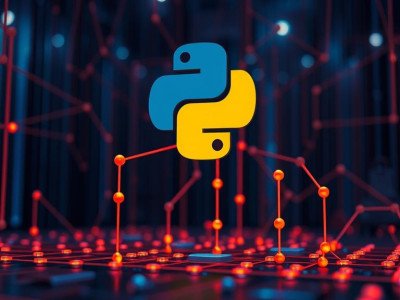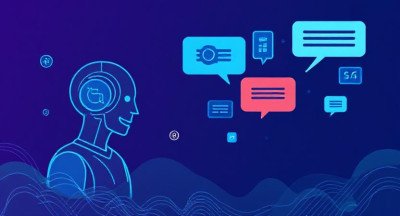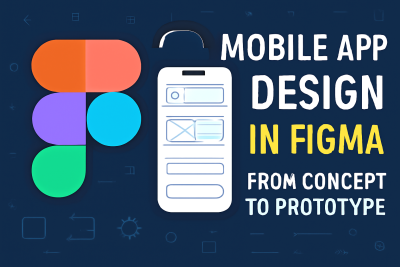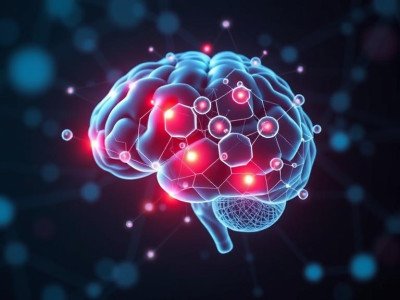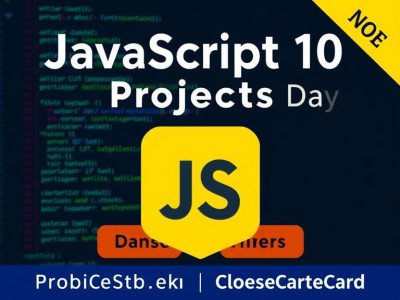Deep Reinforcement Learning using python
Learn to build intelligent agents that can make decisions in complex environments using Deep Reinforcement Learning (DRL). This course covers the fundamental concepts of DRL, including Q-learning, Policy Gradients, and actor-critic methods, with practical implementations in Python. You'll work with popular frameworks like TensorFlow and PyTorch to solve classic problems and real-world challenges.
English
Last updated
Sun, 03-Aug-2025

